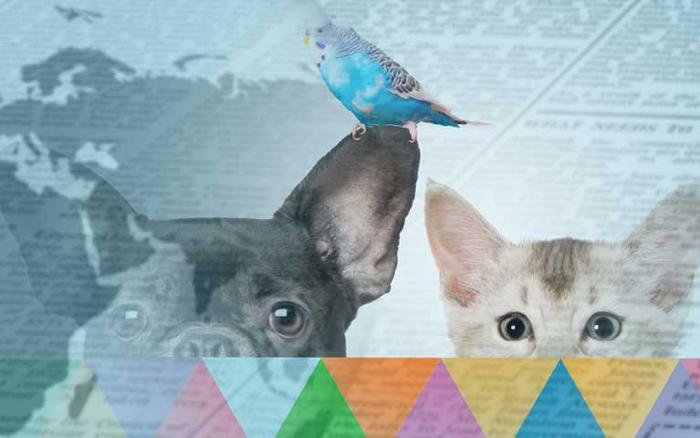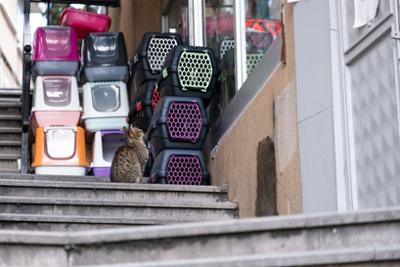

New habits and pet parents profiles in Spain
Iberzoo+Propet will take place from 26 to 28 February 2025 at IFEMA MADRID
Using the Barometer on New Habits and Profiles of Pet Parents in Spain 2024, which aimed to analyse the perceptions and habits of households with companion animals, as well as the effects of the Animal Welfare Law (Ley de Bienestar Animal, LBA), it is noted that around half of Spaniards have pets in their homes.
It is now widely known that there are more dogs than children under the age of 14 in Spain, indicating a significant shift in the family paradigm and in the needs of so-called pet parents, whose priority has shifted from having children to having pets. In Spain, 39% of families identify as pet parents. This means that households not only have a companion animal but also consider it a member of the family. In fact, some of them (7%) regard their pets as more important than other family members.
These figures are similar to those in four other major European countries: Italy (40%), France (44%), Germany (47%), and the United Kingdom (56%).
The study identifies five types of pet parents: Enthusiasts (24%), Loyal and Affectionate (24%), First-Time Owners (22%), Happy Companions (18%), and Responsible Conscious (12%). These typologies differ based on the nature of the relationship they enjoy with their pets, which is influenced by their motivations for becoming pet parents and the physical and emotional needs of the animal.
Most pet parents agree that having a pet significantly improves their mood and emotional well-being. Thanks to their pets, they experience feelings of affection, joy, happiness, love, and, above all, companionship. In fact, companion animals in Spanish society are being increasingly humanised to the point where they are considered children. In some cases, they are addressed as such or by their first names and included in family traditions, such as family photographs (40%) or in the purchase of Christmas gifts (71%).
It is essential to understand that having a companion animal involves a considerable amount of responsibility from start to finish. 60% of those responsible for companion animals visit pet-friendly places to spend time with their pets, and 40% express interest in bringing their companion animals to work. According to the law of supply and demand, and with the corresponding growth of pet parents, an increase in these types of spaces is expected in both public and private sectors, even though they are not as common at present.
The rise of pet parents reflects an evolution in the industry of products and services for companion animals, including health insurance, fashion, tracking technology, and specialised accommodations designed to meet the needs of this emerging market.
This, in turn, has led to greater awareness of animal rights and welfare, as well as legislative changes in various jurisdictions aimed at recognising and protecting the relationship between animals and humans.





